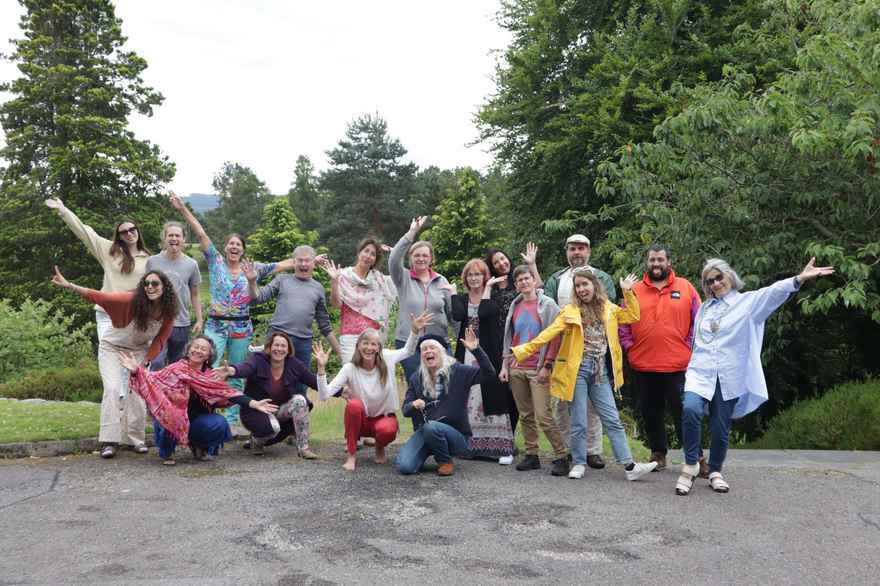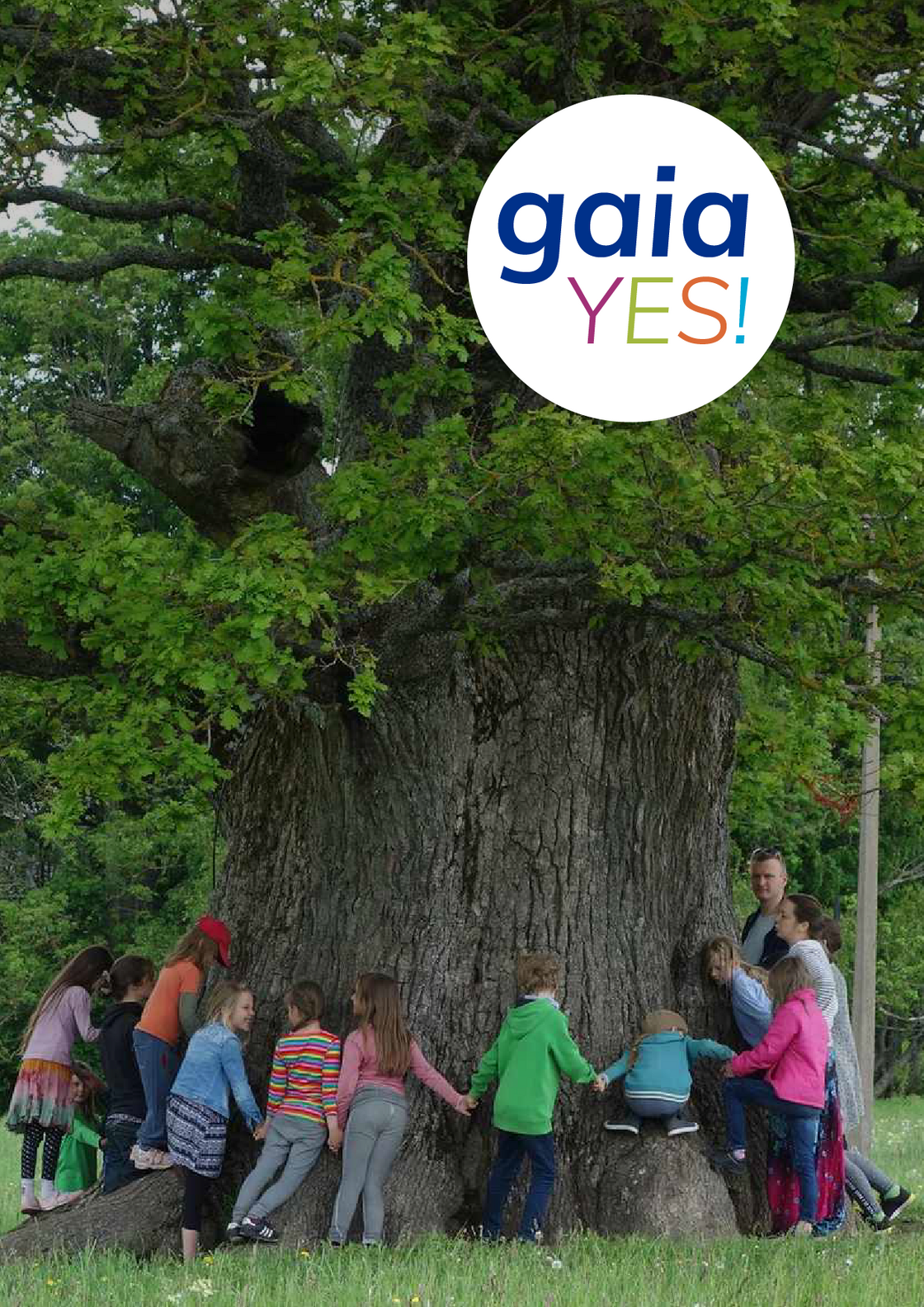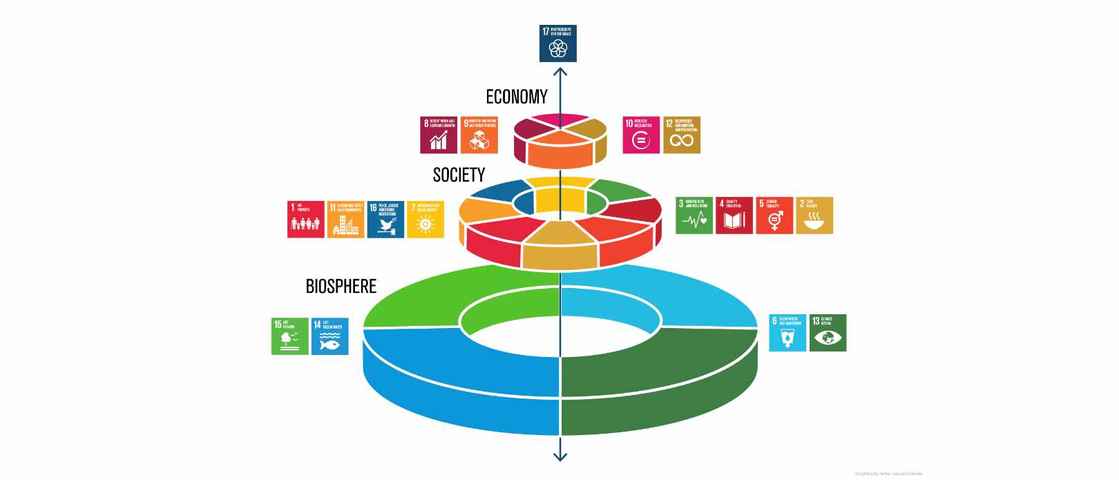Sustainability educators guiding youth to Regenerative Futures

In July 2022 the team of Gaia YES! Erasmus+ project finally got together for a face-to-face meeting after a couple of years of pandemic restrictions. The team was thrilled to gather in Findhorn at Cluny Hills not only to discuss developments for the project but also to see the ecovillage (that turns 60 this month!) and learn from the people who live there.
The following post is written by Jane Rasbash - a previous Gaia Education board member, a contributor to the project and a resident of Findhorn ecovillage.
Holistic Education for Youth - Cluny Hill College, Scotland
The next generation will inherit a planet facing serious environmental problems and a convergence of multiple crises. Thus, it is vitally important to help young people develop knowledge, skills, values and behaviours for sustainable and regenerative futures. The GaiaYES Erasmus partnership was initiated by GaiaKool in Estonia, a ground-breaking school inspired by the Gaia Education 4D curriculum. As the school matured, a gymnasium-level curriculum was needed for the 16 to 19 age groups. GaiaKool put out a call to Gaia Education, PermaMed and Gaia Netherlands to collaborate on an Erasmus partnership to create a youth ESD curriculum and guide for educators

It was wonderful to host an amazing group of youth sustainability educators from the GaiaYES project. We were hosted by the magnificent Cluny Hill College and honoured to be some of the first guests of the famous Findhorn Foundation as they reopened facilities after a long break due to the pandemic. It was exciting to meet face to face as previous meetings were on zoom as travel was not possible.
We started with drawing a traditional Findhorn Angel card and reflected on the quality that would be with us for the meeting. The group card of Grace heralded a calm, enlightening and peaceful few days. We went on to deeply discuss and co-collaborate on the final steps for the curriculum and guide to be fully fledged.
In summary, the curriculum will cover the following:
|
WORLDVIEW & LOCAL WISDOM MODULES |
SOCIAL MODULES |
|
Worldview & Story-telling |
Communication & Social Skills |
|
Who am I? Learning to know oneself |
Leadership & Empowerment |
|
Planetary & Personal Health |
Building Community & Embracing Diversity |
|
World View & Language |
Heritage & Local Wisdom |
|
Connection to Nature |
Education & Social Transformation |
|
ECOLOGY MODULES |
ECONOMIC MODULES |
|
Whole Systems Approach to Regenerative Design |
Shifting Global Economy towards Sustainability & Regeneration |
|
Affordable Clean Energy |
Community Banks & Currencies |
|
Water Systems |
Right Livelihood |
|
Local Food Systems |
Revitalising Local Economies & Social Innovation |
|
Green Building & Retrofitting |
Legal & Financial Issues |
Figure 2 - Summary of Dimensions & Modules of GaiaYES curriculum
The venue and surrounding areas were very inspiring. We invited Findhorn Elders to share stories of the history of Cluny Hill College and the legacy of the Founders. There were tours of Cluny Gardens and the Findhorn Ecovillage and a visit to Findhorn Bay, where many participants enjoyed a meal and drink in the local pub.
Whilst the Erasmus partnership will end on 31 August, it will live on with the curriculum adapted and piloted by GaiaKool and Rakvere State school in Estonia, schools in the Netherlands and informal youth groups in Majorca and Spain. The Dutch partners shared how they have created a website with stories from each of the themes in the four dimensions and guiding questions to learn from them.
The final day of the seminar opened up to the broader community with an event called ‘Sustainability Educators towards Regenerative Futures’ for online and local educators. Firstly, the GaiaYES partners shared how they plan to use the curriculum. This was followed by a panel discussion of international youth sustainability educators composed of Sayar Bo Bo Lwin, who set up green youth networks all over Myanmar; Marit Otsing Saar from GaiaKool in Estonia and Gabriela Montenegro, an urban planner & youth sustainability educator from Brazil. Finally, there was a presentation of the website and learning platform of the Community Catalysts for Transformative Economies (CCTE) project that aims to catalyse social entrepreneurs and other local actors in support of a transformative economy. The website and toolkit are innovatively structured around the Stockholm Resilience Centre wedding cake model considering biosphere, economy & economy levels.

The seminar attracted a lot of interest and is paving the way for the GaiaYES curriculum and likeminded collaborators to kickstart a community of practice of international youth educators interested in holistic ESD. Several participants were inspired by the sustainability stories and others were excited by the ‘wedding cake’ website. Additionally, the examples of the GaiaYES and CCTE websites and the CCTE toolkits are great models to support online and blended learning for ESD that can cross-pollinate with and contribute to similar initiatives.
Gaia Education would like to thank all the GaiaYES and CCTE partners and participants of the seminar and look forward to collaborating further in the future. Formal and informal education lays the foundation for tomorrow’s leaders, experts and responsible citizens, integration of knowledge and skills for sustainable development in schools and youth groups is crucial for our planet’s future.
Link to ‘Sustainability Educators towards Regenerative Futures'
Link to details of our seminar panelists


0 comments
Leave a comment